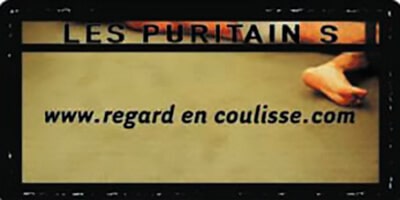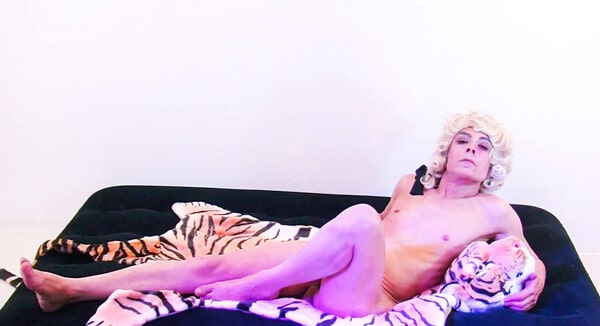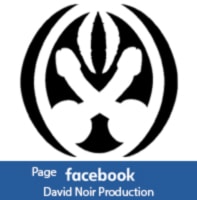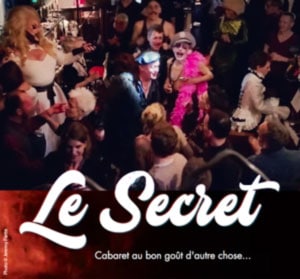www.regardencoulisse.com
The Puritans
Harvey, a psychoanalyst, recalls his mother's explanation of the term 'Puritan' when he was a child. "In "puritan" there is praying or laughing. One could also find in it purin, the circus, the mire, the shit, the brothel, the fair, hypocrisy, conventions, demagogy, money, vices, pleasure, death, politics, medicine, the church, in short the whole world.
The puritans, entrenched in their straitjacket of principles and subject to the diktat of decency, are also Berta, Léa, Jean, Adrien, Betty, Slave, First and Second, who come to Harvey to confide their frustrations and declare their perversions or crimes. David Noir evokes universal themes in an original way: love, death. And above all the sexual act, that "sweet death that creeps and settles" in Harvey's own words. He exposes its many variations, including incest, homosexuality and zoophilia.
The stage is transformed into a rock stage. The actors use microphones to recite or sing their texts, the sequences follow each other like musical pieces or like a primer that is spoken.
David Noir therefore gives music a prominent place.
He is also the creator of the musical 'The Worm in the Fruit'. In addition to nine choreographies, 'Berta', 'moi' performed as a parody of a liturgical choir, the rap song 'Opéra' sung by Harvey and the music for the final sacrifice were created by David Noir and the pianist Jérôme Coulomb, who performs on stage. The author also enjoys adapting well-known tunes. For example, he rewrote the lyrics of 'A la claire fontaine', but also those of Michel Jonaz's 'jazz singer', which became the 'naze' song in which the actors denounced the power of cultural critics.
The director is not afraid to mix genres: Irish ballads and scout songs rub shoulders with 'My heart will go on', a cult song from the film Titanic, and songs by Little Rabbits and Ween. Harvey likes to remember Sylvie Vartan, as the lyrics of the rap song he performs indicate: "The time of my holidays comes back before my eyes / Strike the balloons to the skies of the beaches of my childhood / Push the transistor to play its romance / And make me see Sylvie who has run out of gas". There are many references to these songs in this show. In addition to an excerpt from 'La Maritza', 'On a toutes a besoin d'un homme', 'Par amour, par pitié' and 'Qu'est-ce qui fait pleurer les blondes?' are also played, allowing the actors to conclude their demonstration.
Writing is an intimate act, just like sexuality. Souls are revealed while the actors' bodies are gradually stripped of their clothes, which is not often seen on classical stages. This play has a strong autobiographical element, and the spectator is reminded of his own childhood, when he learns about the taboos that will accompany him throughout his life if he does not know how to free himself from them. David Noir brings us face to face with ourselves. Those who wish to avoid confrontation will certainly find this work scandalous, bordering on pornography. Yet it is with a light heart and Sylvie Vartan's tunes in mind that we leave the Lavoir Moderne.







